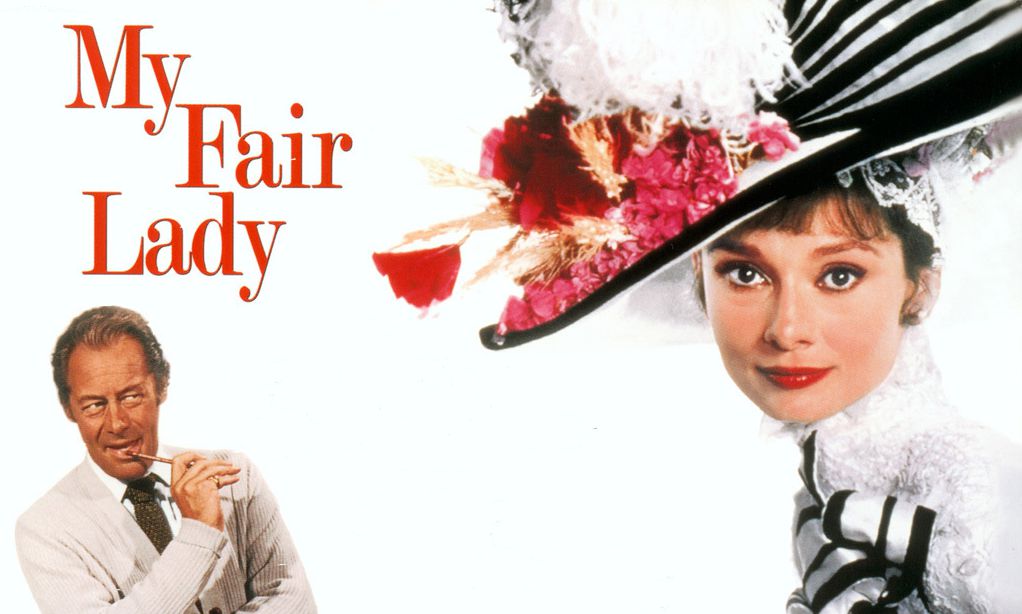By: Dr. Bill Clark
That’s the movie that “popped up” in a recent counseling session with a woman* who’s separated, living on a shoestring budget with her child, and struggling to feel worthy of the relationships she is in. As she reflected on her life and her marriage of several decades she shamefully shared,
“I’m relationally bankrupt!”
I knew her word choice was both powerful and historical; they had declared bankruptcy some time ago. She did not use the concept lightly. I asked if she was using the term, “bankrupt” to describe an event – like “today was the day I entered into bankruptcy,” (which one can recover from) – or the shameful stigma disguised as a condition, like “I don’t currently have, and will continue to lack what it takes to get out of, or recover from a state of bankruptcy.”
She looked at me with a pained expression. Much of her hurt, she said, was a deep sorrow and sense of loss; that what she needed growing up was relationship and the lack of it has left her unprepared and capable of harm herself. And then her “shame” spoke, saying something like:
“I am just not good at relating to anyone and that’s why this is all my fault! I never learned any of this, and it feels like it’s too late now.”
She went on,
“This is how I was raised! This is all I know to do! I wasn’t taught or shown how to relate ‘properly;’ neither as a normal person, nor as a believer. I can’t do basic relationships let alone what the Lord asks of me! And every time I try to relate well, it’s so awkward and embarrassing and I feel stupid or ‘wildly’ out of control. I feel like quitting, and I think, ‘what’s the use?’ and this is why my marriage is failing, and this is why my kids struggle relationally, and this is why I shouldn’t be in a group, …and…and…”
If only real life were more like the movies, eh?
At that painful moment of transparency, after a brief pause, I asked her if she’d ever seen the movie, My Fair Lady? (No one ever said I had good timing or knew how to relate sensitively). My question caught her off guard for a moment. But she trusts me, and she emerged from her “shame bath” willing to listen and change gears.
“Sure, I love that movie! Why? Why did you go there?”
“Eliza wasn’t dealt a good hand either, right? She was only prepared for survival, not relationship. How did she ‘learn’ to  relate properly?”
relate properly?”
“Professor Higgins and the other guy took her out of the gutter, invited her home and ‘taught’ her. They made her practice, and then they put her in awkward social situations.” (she knew where this was going, I think)
“I know it’s unrealistic and a ‘fable’ of sorts, but how did it go for her?”
“She battled; them and herself. But she eventually trusted them. Then she got it; somewhere along the line it stopped being a rehearsed set of behaviors and became a more natural thing I guess…”
“In fact, by the end she had more dignity and grace (relationally) than either of her mentors! And she didn’t just learn how to relate or behave like a lady in public, she overcame her shame.”
“If only real life were more like the movies, eh?”
Admittedly, this is a tough hand to overcome: heartbreaking sadness + shame + ignorance + rationalization + a lack of confidence = hopelessness and despair, a sense of futility and a harsh self-judgment – about the thing you most want, relationship. But the recipe suggests an approach as well as some loose steps.
1. Find someone you trust
If we first trust someone good to help us face and feel our story and our despair, (someone who believes in us but is less clinical or objectifying than Professor Higgins), we remove the first obstacle. Then, as the trust grows, we have the courage to imagine there is still real potential in us. We have the courage to expose and challenge our rationalized defenses regarding our failures.
2. Address the problem
And then we address our ignorance – even if that begins with simply copying others and learning basic principles that we just practice and try to employ.
3. Take relational risks
Next, if we are willing to take relational risks in both intimate relationships or public ones –regardless of the failures, we will sense a shift – the growth of hope and desire, and something more ‘natural’ emerging.
Through it all, if we try to recognize how debilitating, defeating, and ultimately defensive, the voice of shame is, we can begin to ignore its accusations and pessimism. We can begin to feel release and a capacity to relate with a dignity that has always been there.
Just ask Eliza. Or, Vivian Ward (Julia Roberts) in Pretty Woman. Or, Billy Ray Valentine (Eddie Murphy) in Trading Places. Or, the woman at the well, Zaccheus, Mary Magdalene, or the man with a legion of demons who possessed him. Salvation doesn’t just save us for heaven, and from hell. It’s also about rescuing and reviving the “fair” lady and “fair” man of dignity that is in us all.
Salvation doesn’t just save us for heaven, and from hell. It’s also about rescuing and reviving the “fair” lady and “fair” man of dignity that is in us all.
If you are interested in a more thorough look at these issues, consider Connecting by Larry Crabb, or The Soul of Shame by Curt Thompson. And come to The Glorious Mess at one of several area churches this fall.
*This client is willing to have elements of our discussion shared in the hopes we all might benefit.
My Fair Lady. Dir. George Cukor. Perf. Audrey Hepburn and Rex Harrison. Warner Bros. 1964.

